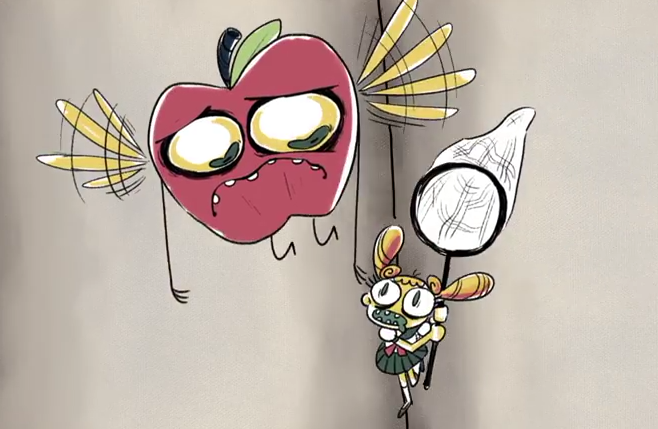In the third millenium BCE, Mesopotamian kings recorded and interpreted their dreams on wax tablets.
公元前三千年,美索不達米亞國王在蠟質石板上記錄并解釋了他們的夢。
A thousand years later, Ancient Egyptians wrote a dream book listing over a hundred common dreams and their meanings.
一千年之后,古埃及人寫了一本關于夢的書,列出了一百多個日常的夢以及它們的解釋。
And in the years since, we haven't paused in our quest to understand why we dream.
多年之后,我們從未停止過探索我們做夢的原因。
So, after a great deal of scientific research, technological advancement, and persistence, we still don't have any definite answers, but we have some interesting theories.
所以,我們在經歷了大量的科學研究、科技進步以及堅持不懈之后,依舊沒有任何確切的答案,但是我們已經發展了一些有趣的理論。
We dream to fulfill our wishes.
我們為了滿足自己的愿望而做夢。
In the early 1900s, Sigmund Freud proposed that while all of our dreams, including our nightmares, are a collection of images from our daily conscious lives, they also have symbolic meanings, which relate to the fulfillment of our subconscious wishes.
在19世紀早期,西格蒙德·弗洛伊德提出,雖然我們所有的夢包括夢魘,都來自有意識的日常生活畫面集,但他們也有一些抽象意義,它和我們潛意識中的愿望滿足感有關。

Freud theorized that everything we remember when we wake up from a dream is a symbolic representation of our unconscious primitive thoughts, urges, and desires.
弗洛伊德提出,我們從夢中醒來記得的所有事情都是無意識的原始想法、沖動、以及欲望的象征性代表。
Freud believed that by analyzing those remembered elements, the unconscious content would be revealed to our conscious mind, and psychological issues stemming from its repression could be addressed and resolved.
弗洛伊德相信,通過分析我們記得的這些元素,那些無意識的內容可以反映出我們有意識的思想,精神上受到的壓抑可以被理解和解答。
We dream to remember.
我們做夢是為了記憶。
To increase performance on certain mental tasks, sleep is good, but dreaming while sleeping is better.
為了加強一些腦力工作上的表現,睡眠非常有效,然而睡覺時做夢效果會更好。
In 2010, researchers found that subjects were much better at getting through a complex 3-D maze if they had napped and dreamed of the maze prior to their second attempt.
2010年,研究人員發現,如果被試者在第二次嘗試穿越迷宮之前小憩一會兒并且做了一會兒夢的話,他們在穿越一個復雜的三維迷宮時會表現更佳。
In fact, they were up to ten times better at it than those who only thought of the maze while awake between attempts, and those who napped but did not dream about the maze.
事實上,他們比那些在兩次之間醒著思考迷宮的人,以及那些雖然睡了但是沒有做夢的人表現要好十多倍。
Researchers theorize that certain memory processes can happen only when we are asleep, and our dreams are a signal that these processes are taking place.
研究者推斷,特定的記憶過程只在我們睡著時才會發生,而我們的夢是一個觸發這些過程的信號。
We dream to forget.
我們做夢是為了遺忘。
There are about 10,000 trillion neural connections within the architecture of your brain.
我們的大腦構造里有大約一萬兆的神經連接。
They are created by everything you think and everything you do.
它們因你思考以及所做的所有事情而形成。
A 1983 neurobiological theory of dreaming, called reverse learning, holds that while sleeping, and mainly during REM sleep cycles, your neocortex reviews these neural connections and dumps the unnecessary ones.
1983年,一個關于夢的神經生物學理論提出逆向學習的概念,該理論認為我們在睡覺時,尤其是在快速眼動睡眠周期時,大腦新皮質會回顧這些神經連接并清理掉那些不需要的部分。
Without this unlearning process, which results in your dreams, your brain could be overrun by useless connections and parasitic thoughts could disrupt the necessary thinking you need to do while you're awake.
如果沒有做夢來產生這種反學習的過程,你的大腦就會因無用連接而過度運轉,同時無用的想法會干擾到你醒著的時候需要進行的必要思考。


